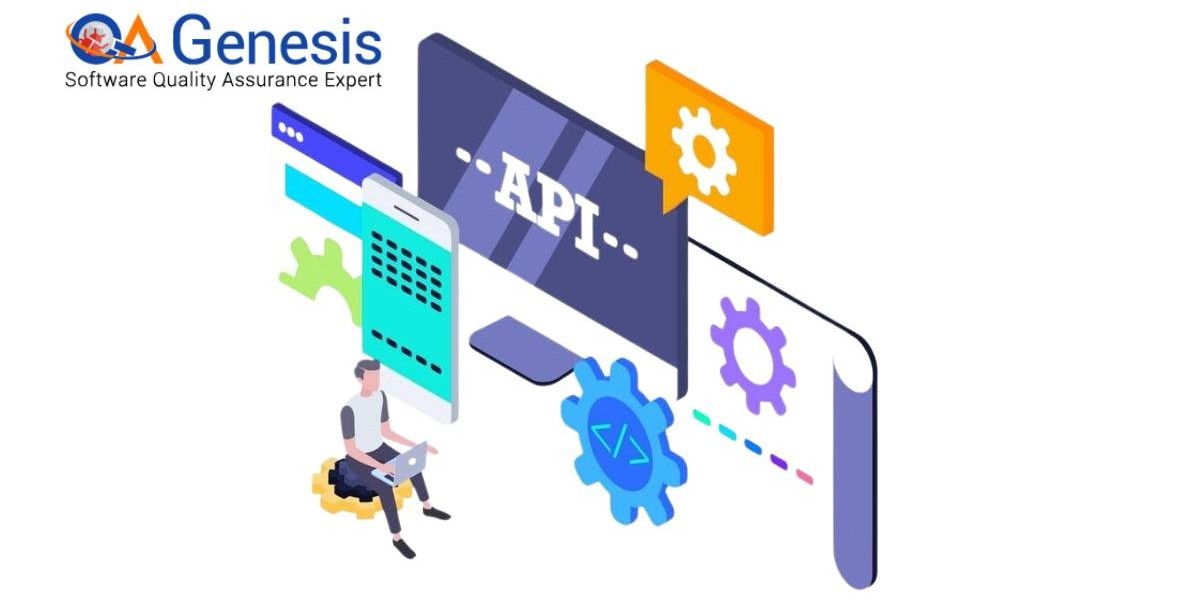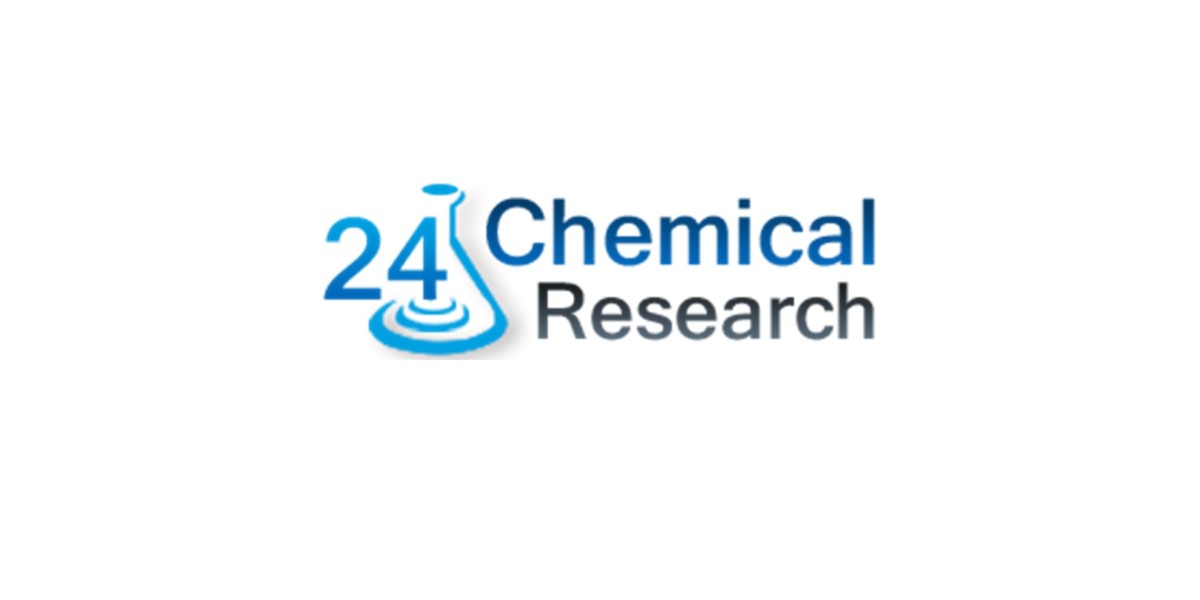API testing plays a crucial role in today's technology-driven world, ensuring the smooth and secure functioning of applications and systems that rely on application programming interfaces (APIs). This article will explore the significance of API testing, its benefits, common challenges, best practices, and tools available. By understanding the importance of API testing, businesses and developers can deliver robust and reliable software solutions that meet the needs of their users.
In the modern tech landscape, APIs have become the backbone of software applications, enabling seamless integration between different systems and services. API testing refers to the process of verifying the functionality, performance, and security of these APIs. It involves sending requests to an API and analyzing the responses to ensure they meet the expected outcomes.
Understanding API Testing
API testing involves evaluating the various aspects of an API, such as request and response handling, data validation, authentication, error handling, and compliance with standards. By conducting thorough API testing, developers can identify and address issues early in the development cycle, reducing the chances of critical errors and vulnerabilities in the live environment.
Benefits of API Testing
Ensuring Data Integrity
API testing helps ensure data integrity by validating the accuracy and consistency of data transferred between systems. It verifies that the API endpoints handle data appropriately, preventing data corruption, loss, or unauthorized access.
Enhancing Security
APIs often serve as gateways to critical data and functionality, making them potential targets for security breaches. By performing security-focused API testing, vulnerabilities such as injection attacks, broken authentication, or inadequate access controls can be identified and addressed before they are exploited.
Improving Performance
APIs are expected to provide timely responses and handle high volumes of requests. Through performance testing, developers can measure the API's responsiveness, scalability, and throughput, ensuring it performs optimally under normal and peak loads.
Enabling Collaboration
API testing promotes collaboration between developers, testers, and other stakeholders involved in the software development process. By creating well-documented and reliable APIs, teams can work together seamlessly and integrate their applications without compatibility issues.
4. Common Challenges in API Testing
Despite the importance of API testing, there are several challenges that developers and testers may encounter:
Complexity of API Endpoints
APIs can have numerous endpoints with different functionalities, making it challenging to thoroughly test each one. Testers must prioritize critical endpoints and cover various input combinations to ensure comprehensive test coverage.
Versioning and Compatibility
As APIs evolve over time, maintaining backward compatibility becomes crucial. Testing across different versions and ensuring compatibility with existing integrations can be complex, requiring meticulous planning and execution.
Handling Asynchronous Behavior
Some APIs involve asynchronous operations, where responses may not be immediate. Testing such APIs requires careful consideration of timeouts, callbacks, and ensuring the correct sequencing of requests and responses.
Best Practices for API Testing
To achieve effective API testing, it is essential to follow these best practices:
Test Coverage and Boundary Conditions
Testers should cover both positive
and negative scenarios, including boundary conditions, to ensure comprehensive test coverage. By testing edge cases, unexpected behavior can be identified and addressed.
Test Data Management
Managing test data is crucial for API testing. Testers should use a combination of real-world data, synthetic data, and edge cases to validate the API's handling of different data scenarios. Proper data sanitization and privacy considerations should also be taken into account.
Automation Testing
Automation testing can greatly enhance the efficiency and accuracy of API testing. By using frameworks and tools specifically designed for API testing, repetitive tasks can be automated, allowing testers to focus on more complex scenarios and analysis.
Continuous Integration and Testing
Integrating API testing into a continuous integration and delivery (CI/CD) pipeline ensures that APIs are continuously tested as part of the development process. This helps catch issues early and allows for faster feedback and iterations.
Tools for API Testing
Several tools are available to aid in API testing. Some popular ones include:
Postman: A powerful API testing and development tool that offers a user-friendly interface for sending requests, managing test cases, and generating documentation.
SoapUI: A widely-used testing tool specifically designed for web services and API testing. It supports both REST and SOAP protocols and provides comprehensive testing capabilities.
JUnit: A testing framework for Java-based applications that can be utilized for API testing. It allows developers to write automated tests and provides assertions and test runners.
Swagger: An open-source framework for designing, building, and documenting RESTful APIs. It includes a testing feature that allows developers to validate their APIs against the defined specifications.
Conclusion
In today's tech environment, API testing is of utmost importance for ensuring the reliability, security, and performance of software applications. By thoroughly testing APIs, businesses can deliver high-quality solutions that meet user expectations. By understanding the benefits, best practices, and available tools for API testing, developers and testers can effectively validate the functionality, security, and performance of their APIs, leading to robust and successful software implementations.








